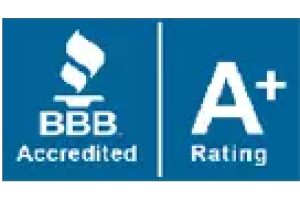Trial Lawyers
Intellectual Property
Legal Representation for Chicago Businesses Protecting Their Ideas
For many entrepreneurs, intellectual property is their most valuable asset. Intellectual property includes any intangible property that arises out of mental labor, including inventions and artistic works. Federal and state law protects intellectual property in the form of trade secrets, copyrights, patents, and trademarks. The intellectual property litigation attorneys at Loftus & Eisenberg provide business counseling in the Chicago area and throughout Cook County regarding these matters, as well as related issues such as intellectual property transfers, licensing, internet and e-commerce issues, publicity rights, and unfair competition.
Asserting Intellectual Property Rights
Before filing an intellectual property suit, it is wise to consult an attorney who has experience both advising clients on these issues and bringing cases to trial. Many intellectual property rights can be protected by sending a cease and desist letter. However, in the event that you must file a lawsuit, different statutes will apply depending on the nature of the subject matter. For example, trademarks are protected under federal law as well as the Illinois Trademark Registration and Protection Act and the Illinois Counterfeit Trademark Act. Copyright and patent infringement in this state are governed by federal law.
Under the Illinois Trade Secrets Act, for instance, a misappropriation of trade secrets occurs when someone knows or should know that another person’s trade secret was improperly acquired. It can also occur with the disclosure or use of a trade secret by someone who used improper means to get it or who knew or should have known that improper means were used to get it. The information may have been acquired under circumstances that required it to be maintained as a secret, or the party that disclosed it may have owed a duty to the trade secret owner not to disclose it.
A trade secret owner facing an actual or threatened instance of misappropriation can file suit to have the misappropriation enjoined. However, injunctions often may be terminated if a trade secret has ceased to exist. An injunction may be continued for a reasonable period afterward, however, in order to eliminate any commercial advantage derived from the misappropriation, to serve as a deterrent measure, or to account for situations in which the trade secret stopped existing because of improper means used by the enjoined party or others.
Additionally, the trade secret owner can potentially recover damages, including actual losses and unjust enrichment. If these damages cannot be proven by a preponderance of the evidence, on the other hand, the appropriate damages award may be calculated as a reasonable royalty based on the unauthorized disclosure or use.
















